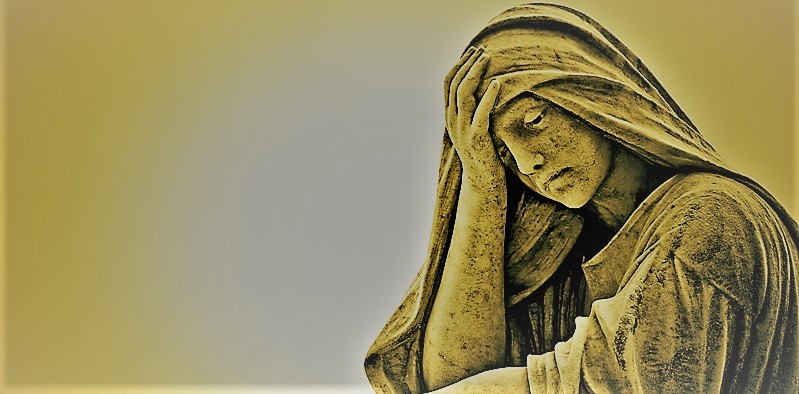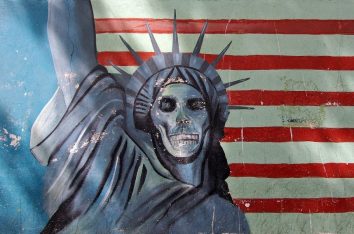It’s no secret that I am an intellectually curious guy — to a fault, if my bank account is any indication. I am constantly pulling at provocative threads in an effort both to grow and to incorporate fresh ideas into my existing theological and spiritual framework.
(I am currently reading Diarmuid O’Murchu’s Quantum Theology, and over the past several years I have drunk deeply from the likes of John Caputo, Kester Brewin, Peter Rollins, Diana Butler Bass, Dietrich Bonhoeffer, Pete Enns, Brian McLaren, David Dark, and others.)
I’d like to begin a series of posts and podcasts integrating some of these thinkers’ ideas with my own “Catholish” worldview. More specifically, I want to bring influences like divine nonviolence, religionless Christianity, quantum theory, and radical theology to bear upon Catholicism in an effort both to bolster its already-existing sacramental devotion to the physical world, as well as to challenge its nitpickiness and occasional triumphalism.
Off we go, then. . . .
Let’s start with a simple observation: Something’s not quite right. We as humans recognize — albeit sometimes only faintly — that there is a void or a lack within us. Often this realization is virtually stillborn, almost dead-on-arrival, because immediately upon sensing this inner void we externalize it, projecting it onto some object outside of us (usually some group or community). Then once we have projected our inner dis-ease upon this external group, we make that group the object of all our misplaced anger and frustration.
Further, we reason within ourselves that this turmoil we feel must be temporary — a kind of aberration or parenthetical speedbump along life’s way that we should strive to overcome (a “glitch in the Matrix,” as it were). We imagine that there must have been a time in the past when things were better, and there must be a future period ahead of us when this threat to our well-being will be dealt with and we can be happy and whole again.
This is textbook scapegoating.
The imagined “Golden Age” is just over the horizon, just around the bend, and once the scapegoat has been neutralized the utopian ideal can finally be realized.
A perfect example of this process is the whole #MAGA mentality. The entire movement stems from the idea that there was a time in our nation’s history when America was “great,” and we need to recover that mojo so that America can be “great again.”
So what is the scapegoat impeding our greatness? Well, take your pick these days, but one obvious answer is the immigrant community south of our border (you know, all those AIDS-riddled rapists from shit-hole countries infesting our holy land). If we can just rid ‘Merca of these a’here vermin (so the thinking goes) then we will recapture those beautiful-for-spacious skies and amber waves of blah blah blah, you know the rest.
But what if it’s all bullshit?
I don’t mean just the “Make America Great Again” stuff, I mean this entire way of thinking — What if the real mistake here has nothing to do with the manner in which we are seeking to overcome the void, but instead, what if the mistake is the idea that we can avoid the void in the first place?
Stay tuned, more to come. . . .




[…] last post was the first in a series titled VATICAN’T: Catholicism Without All the Uplifting Parts in […]